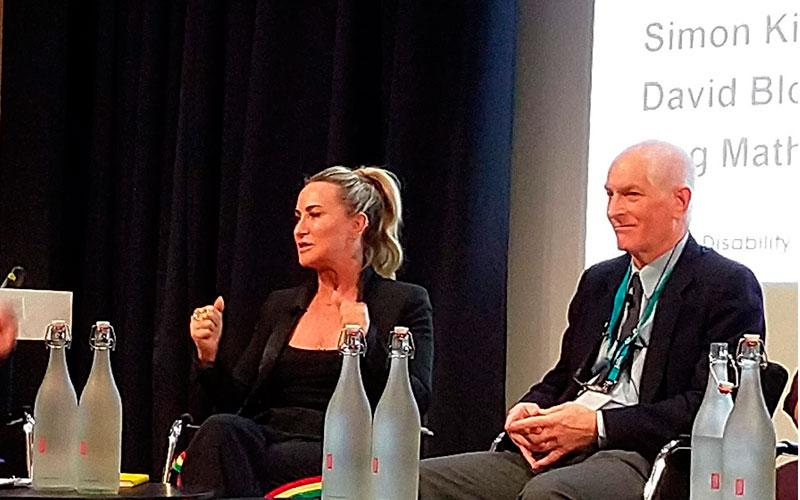Disabilities may be unseen and not heard out of fear of job loss

From migraines to menopause, invisible disabilities affect untold numbers of the British workforce.
Delegates at the Business Disability Forum’s annual conference in London last Thursday heard that people who struggle to secure or stay in work were most affected.
Representatives of charities serving such disabilities acknowledge that they do not all advise clients to tell potential employers that they suffer from such ailments when being recruited. At the same time, sufferers often believe they cannot share information about their unseen physical problems for fear of being discounted or being exposed to stigma as a result.
“Any group that demands your silence is not your friend,” said Wendy Irwin, equalities lead at the Royal College of Nursing, in commenting on the fear of disclosing unseen disabilities.
However, employers should be aware that offerings such as flexible working support all segments of their workforces, including sufferers of unseen ailments, speakers at the event said.
For instance, 23.3% of people suffer from migraines, a condition that is “so misunderstood”, said David Bloomfield (pictured right), CEO of the National Migraine Centre. Without a diagnosis, sufferers cannot get treatment for symptoms that can include sensory disturbances called ‘aura’, such as flashes of light and blind spots, eyesight problems and vomiting. Flexible working policies would generally enable migraine sufferers to manage their bouts of disability.
Former music PR and 90s celebrity girl about town Meg Mathews (pictured left) suffered 34 different physical and mental symptoms when she experienced menopause. Now Mathews is an entrepreneur and a vocal advocate for greater understanding of menopause disability issues, and has called on employers to provide a designated individual to serve as a sympathetic ear for sufferers “to chat to” when overcome by their symptoms.
Crohn’s disease and colitis are other unseen disabilities that cause sufferers considerable discomfort, which often are considered unpleasant to discuss, said Andy McGuinness, campaigns manager at Crohn’s & Colitis. McGuinness urged employers to ensure line managers had procedures and processes in place to support people who might need additional support in the workplace.
Diane Lightfoot, the Business Disability Forum’s CEO, opened the day-long event, telling the packed room at the British Library to consider workplace adjustments for disabled people as adjustments for a workplace in general: “If you get it right for disabled people, you get it right for everyone.”
• Comment below on this story. You can also tweet us to tell us your thoughts or share this story with a friend. Our editorial email is [email protected]




